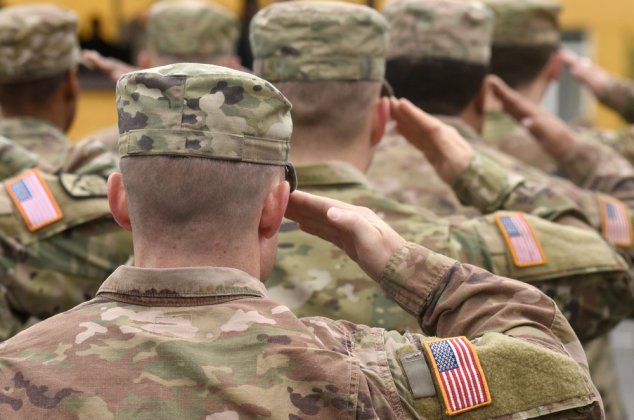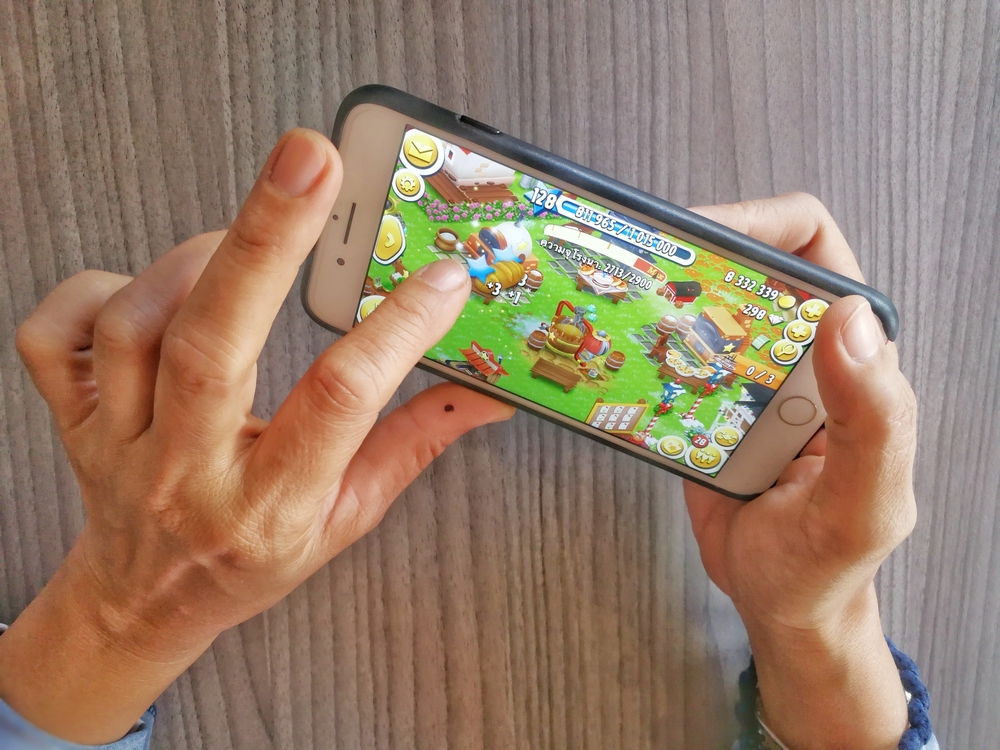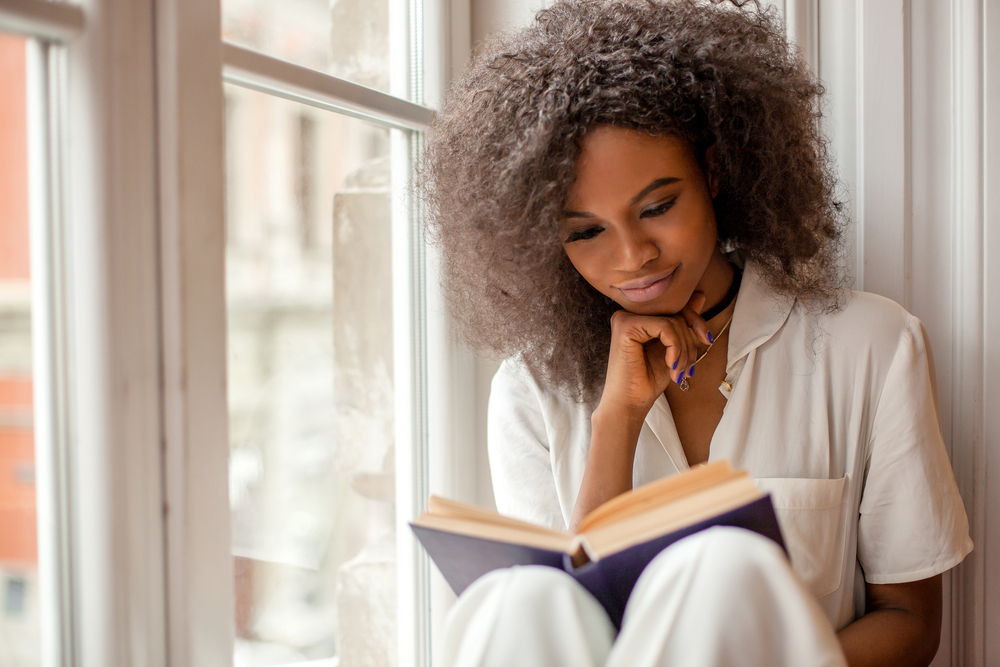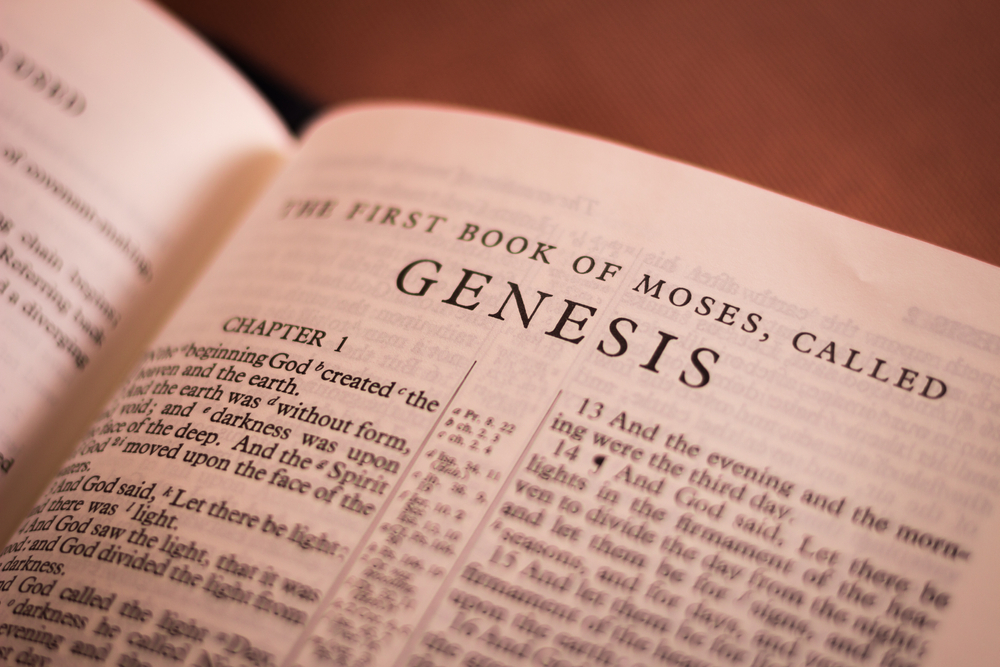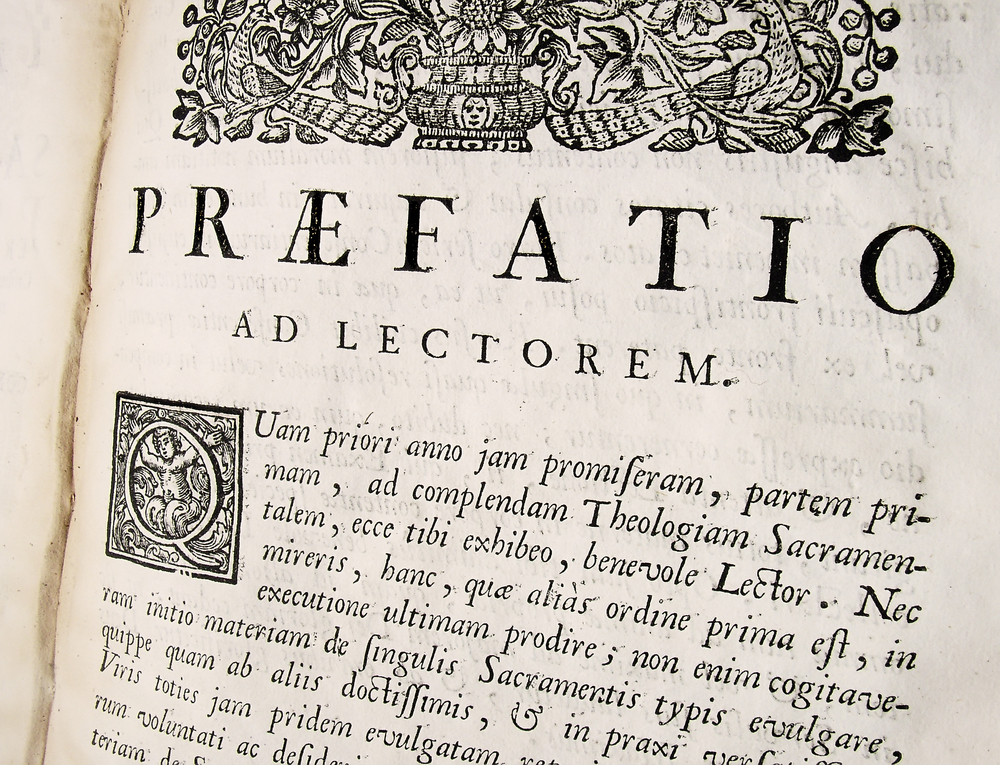109 Words to Describe Photography (Curated & Ranked)
Photography has a long and complex history, which means there are many ways to describe and discuss it.
Your study of this art form might include exploring different photographic styles and techniques, analyzing the characteristics of particular photographs, or using adjectives to describe photographs.
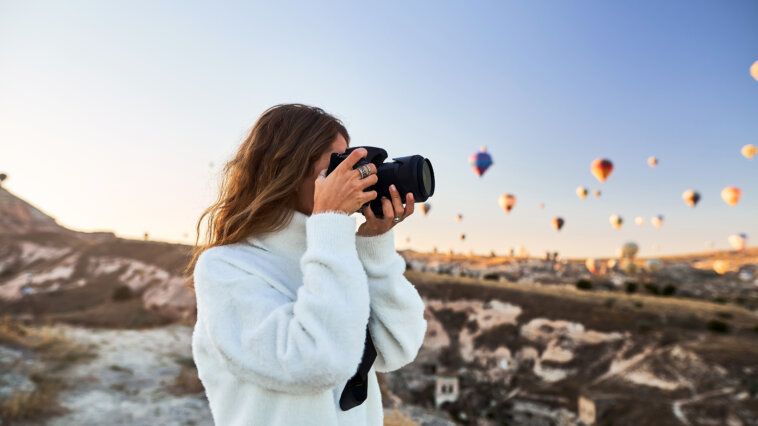
Photographic technologies and artistic styles have evolved a lot since the first photographic device, the “camera obscura,” was invented in the 1800s.[1]
A camera obscura is a dark room with a small hole on one side, projecting an image onto the opposite wall. It doesn’t create a permanent image; someone would trace the image onto the wall to capture it.[1]
Photography as we know it came into being when French inventor Joseph Nicephore Niepce took the first permanent photograph.[1]
Using a camera obscura, he projected an image onto a pewter plate coated with a light-sensitive material instead of a wall.[1]
His partner in experimentation, Louis Daguerre, continued to refine the photographic process, creating the silver-plate Daguerreotype process.[1]
Today, you don’t need silver plates and heavy equipment to take photographs — anyone can become a photographer using their smartphone, a film camera, or a digital camera.
Below, I list the top words and phrases to describe photography.
Words to Describe Photography
Expressive
can describe photos that evoke strong emotionBlack and white
photographs shot on colorless film or processed digitally to appear in a monochromatic color scheme
Opulent
photos that look luxurious and rich
Macro
close-up photographs of tiny creatures or objects, such as bugs, water droplets, snowflakes, and flowers
Evocative
brings strong feelings to mind
Candid
pictures of people in motion, taken spontaneously rather than posed by the photographer
Golden hour photography
photographs taken during the hour before sunset or after sunrise; makes use of the natural golden light
Colorful
can describe photos that make use of bold shades, either naturally in the subject matter or through editing
Compelling
can describe photos that are thought-provoking and emotionally gripping
Communicative
conveys information
Delicate
can describe a photo’s subject (like flowers) or the overall mood of the image
Conceptual
can describe photos that portray a photographer’s vision rather than strict reality
Technical
referencing the skills needed to take good photographs
Wildlife photography
photographs of animals in their natural habitats
Street photography
photographs taken in common areas (such as sidewalks) and capturing ordinary moments of life
Historical
can describe significant photos or those taken in the past
Panorama
several stitched-together photographs providing a wide view of the subject; often used in landscape photography
Urban exploration photography
sometimes shortened to “urbex”; photos of the urban habitat, including abandoned buildings and ruins
Architectural
photographs of buildings and other structures like bridges
Balanced
can describe a photo with a good composition
Digital
photos taken with a digital camera or smartphone
Amateur
photos taken by an inexperienced or hobby photographer
Family photography
posed or candid images of families, typically commissioned by the family to display in their home
Focused
can describe photos that make their subject a strict focal point
Portrait
photographs where the main subject is one or more people
Pet photography
photographs of domesticated animals, such as cats and dogs
Intriguing
evokes the viewer’s curiosity or interest
Surreal
photographs depicting unusual scenes and unique perspectives; can consist of photos with eerie or supernatural effects added in post-processing
Photojournalism
storytelling of newsworthy events through photographs
Product photography
a subset of commercial photography which captures specific products for sale; for example, the individual product images on an e-commerce website
Event photography
photographs taken at weddings, concerts, parades, and other events
Long exposure
photographs made by using a slow shutter speed, which blurs moving objects
Adventure photography
photographs that capture activities like hiking, backpacking, climbing, and camping
Editorial photography
photographs taken to illustrate an article for a magazine or newspaper
Fine art photography
photographs taken for the sole purpose of portraying a message or concept
Intense
can describe images that convey strong emotion
Travel photography
photographs that capture the unique aspects of life in different parts of the world; can include candid shots, street photographs, or posed portraits
Altered
can describe heavily edited photos, such as composites
Satirical
describes photos that parody real life
Documentary photography
photographs that document a specific aspect of life; differs from photojournalism (number 99 on our list) in that the subjects aren’t always newsworthy
Night photography
photos taken at night, in low light; includes long exposures, time-lapses, and flash photography
Imaginative
describes photos that are creative and clever in composition and subject matter
Still life
pictures of everyday inanimate objects
Futuristic
describes photos that portray innovation and modernity
Timeless
photos with a classic aesthetic that could suit any time period
Quirky
can describe photos with unusual subject matter or style
Sports photography
photographs of athletes, coaches, and fans taken during sporting events
Glossy
can describe the texture of a printed photograph
Inspired
can describe photos that are creative and forward-thinking
Casual
can describe photos taken without much posing or as a hobby
Intelligent
can describe photos that are technically sound and have good composition
Landscape
pictures of natural or artificial scenery, such as a valley or a city skyline
Lifestyle photography
captures images of people in real-life scenes, such as eating a meal or playing a game with friends
Composite
prints created by combining multiple images into one during post-processing
Studio photography
photos taken in a dedicated studio space rather than a natural environment
Contemplated
can describe images with a somber or thoughtful mood
Aerial photography
photographs taken from a high altitude, such as those taken with drones
Generic
can describe photos that aren’t particularly unique or creative
Graceful
can describe the subject of a photo
Artistic
referencing the creativity required to take good photographs
Offbeat
unconventional
Inspiring
gives the viewer the urge to do or feel something
Abstract
uses color, shadow, texture, shape, or light as the subject rather than representing reality
Business photography
photos taken for marketing purposes, such as a portrait of a company’s CEO or images of waitstaff serving customers at a restaurant
Monochromatic
photos that use only one color
Lifeless
can describe a photo with little energy or interest
Film photography
photographs taken on physical film rather than digitally
Commercial photography
photographs taken to sell a product
Detailed
can describe photos with complex compositions or close-up images that show details
Newborn photography
a type of family photography that focuses specifically on posed images of newborn babies; may or may not include the baby’s parents
Professional
photos taken by an experienced or career photographer
Blue hour photography
photographs taken during the hour after sunset or before sunrise; makes use of the natural cool-toned light
Emotional
makes the viewer feel emotions
Persuasive
persuades the viewer to do or believe something
Infrared
photographs that capture infrared light
Daring
can describe photos taken in extreme conditions or with unusual compositions
Ironic
can describe photos with a sense of irony or amusement
Astrophotography
pictures of space, usually taken through a telescope
Mysterious
describes photos that have unclear or curious subjects
Formal
can describe pictures taken in a formal setting or dressed-up portraits
Neutral
can describe photos without any bold colors or compositions
Classic
can describe photos with a traditional composition
Time-lapse
a series of frames showing the movement of a subject; for example, a series of photos showing the stages of a building’s construction
Energetic
describes photos with a lot of movement or intensity
Tacky
can describe photos that aren’t tasteful in subject matter or composition
Iconographic
describes photos with traditional and conventional subject matter, such as representations of religion
Minimalist
photographic compositions with limited elements; for example, a picture of a lake where only one boat is visible
Framed
describes a photo that has been printed and prepared for display
Double exposure
a style of photography that merges two images into one, either through editing software or through film development techniques
Pinhole
a photographic technique that uses a tiny hole to capture the image rather than a lens
Tasteful
photos with a good aesthetic and appropriate subject matter
Painterly
can describe photos that are particularly artistic or look like paintings
Indoor
photos of interior scenes, such as a home or workplace
Underwater
photos taken with a submerged, waterproof camera
Polished
can describe photos that look sophisticated and elegant
Ultraviolet
captures images of light from the ultraviolet spectrum
Fashion photography
photography that focuses on clothing, shoes, and accessories
Flash photography
photos taken with a quick burst of artificial light from the camera or an external flash device
Satin
can describe the texture of a printed photograph
Holiday photography
captures holiday celebrations or themes, such as Christmas, Kwanzaa, and Hanukkah
Real estate photography
interior and exterior photos of properties that are available for sale or rent
Semi-gloss
can describe the texture of a printed photograph
War photography
a type of journalistic photography focused on capturing front-line images of armed conflicts
Matte
can describe the texture of a printed photograph
Primitive
can describe early photographic technologies or photos that have a classic, simplistic aesthetic
Visual
made to be seen
Captivating
holds the viewer’s interest
Provocative
causes a strong reaction
Creative
involves imagination and original ideas
You might also be interested in seeing words that describe artists (including photographers).
Activity: Understanding Photographic History
To better understand the photographic process and how it has evolved over time, look up the following terms.
You might also want to see examples of each of these eras of photography using your favorite search engine’s image search.
- Camera obscura
- Daguerreotype
- Calotype
- Collodion process
- Dry plates
- Kodak
- 35mm
- Color film
- DSLR
- J-SH04
What differences do you notice in these processes? How has the photographic process become simpler over time?
Notice, as well, how photographic styles have changed over time. Portraits were once the most common type of photography. Is that still true today?
For an added challenge, use some words from the list I compiled to describe the images you find!
FAQ
When describing the composition of a photograph, you should consider the lines, shapes, textures, color, and subject of the image, as well as the photographer’s use of space. Choose adjectives that match each of these elements, such as “architectural” to describe the shapes and lines or “monochromatic” to describe the colors.
When describing the emotional impact of an image, you’ll want to rely on adjectives. Consider the composition, the subject, and the story the photo tells, as well as how it makes you feel. Words like “joyful,” “fearful,” “anxious,” “hopeful,” and “melancholic” can capture the mood of a photograph perfectly.
Visual elements like lighting, composition, color, and texture have an impact on the atmosphere of a photograph. A black and white photo of an old barn taken from a far distance might convey a lonely and eerie atmosphere, while a closer color photo of the same subject might have a lively atmosphere. The subject itself can also contribute greatly to the atmosphere. For example, if the subject is a person, their expression will determine how the viewer of the photograph feels when looking at it.
In Summary
Photography can be described in many ways, from its techniques and styles to adjectives that convey emotional impact.
Whether you’re critiquing photos, are a photographer yourself and want to describe your work, or are just generally interested in art, the list I’ve compiled gives you plenty of ways to describe photography.
Digging into the history of photography and matching the terms on my list to example photographs can give you an even greater understanding of this form of art.
Feel free to leave a comment below if you have any further questions or comments about describing photographs, or if you’d like to share your experiences with photography and artistic critique!
Posts you may want to read next...
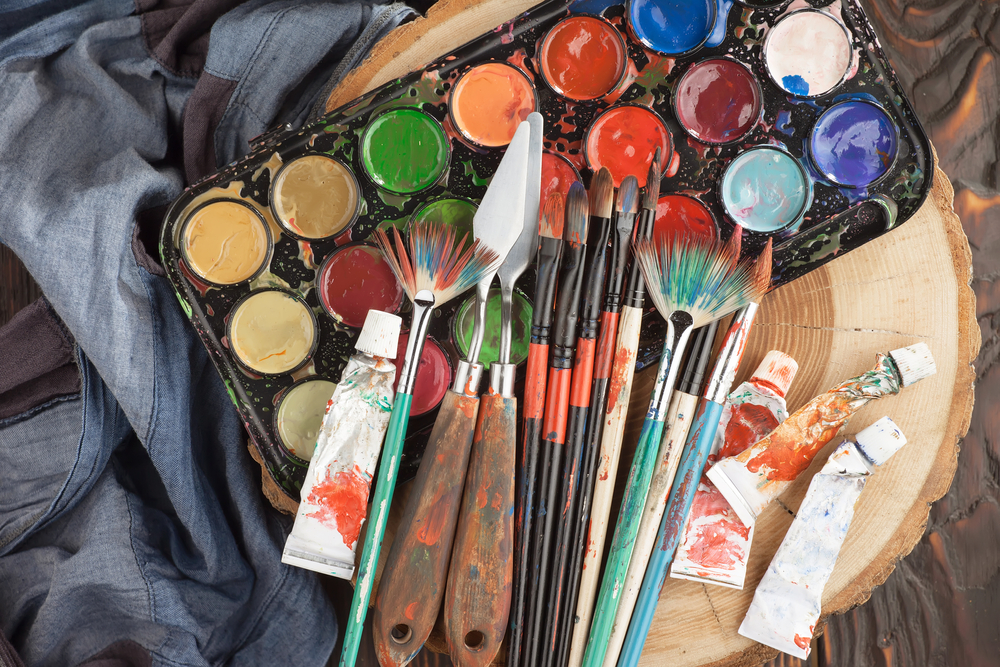
117 Best Words That Describe Artists: Adjectives, Styles, etc (Curated & Ranked)
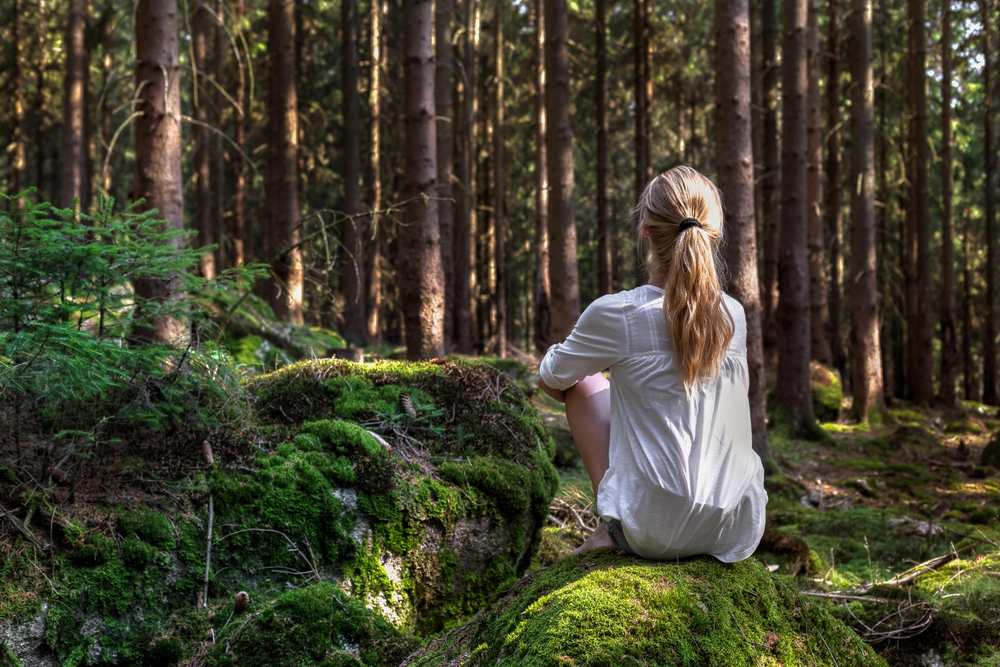
183 Best Words to Describe a Forest (Curated & Ranked)

Top 171 Things That Start With P: Household Items, Toys, Clothing, etc
